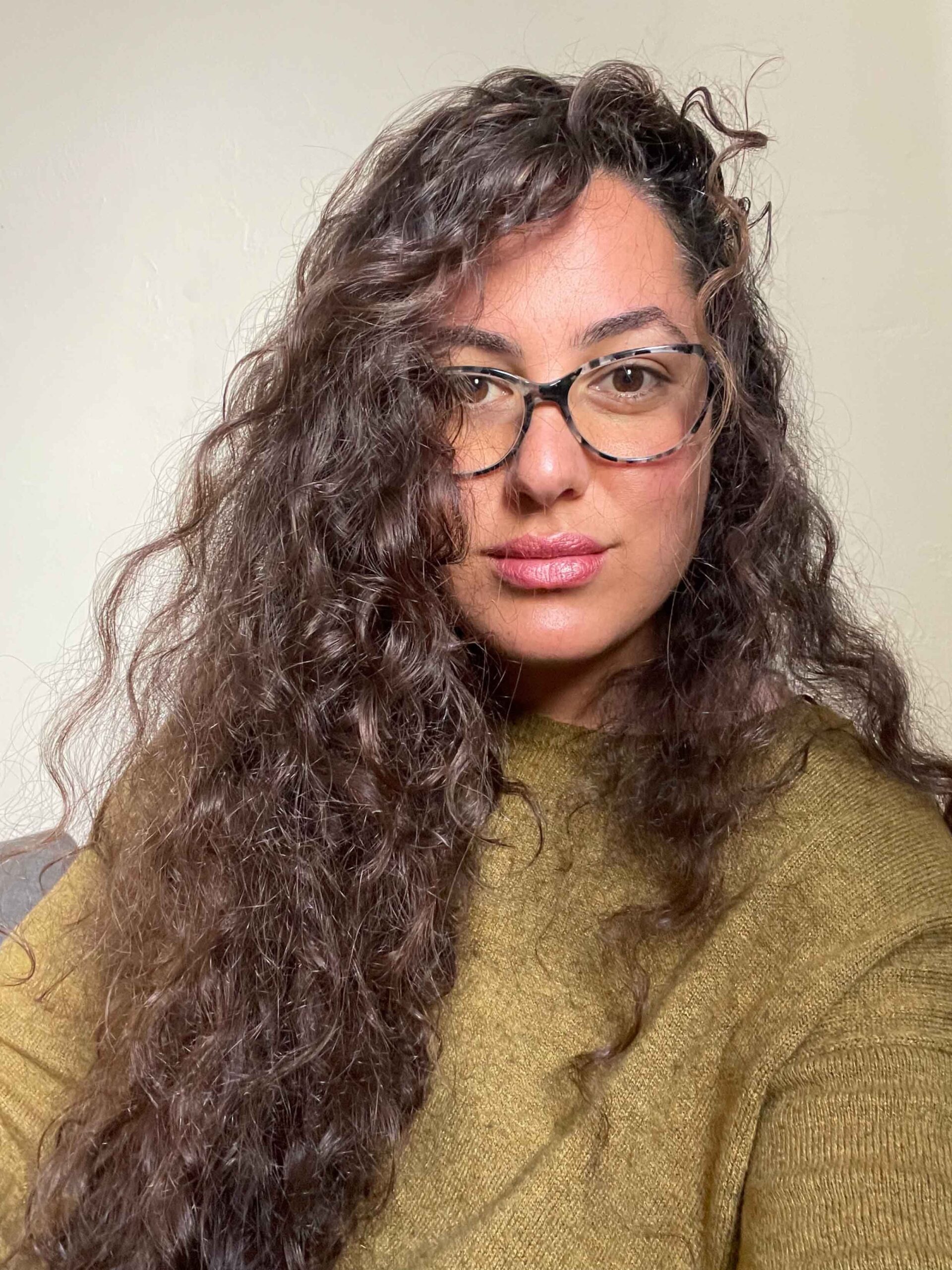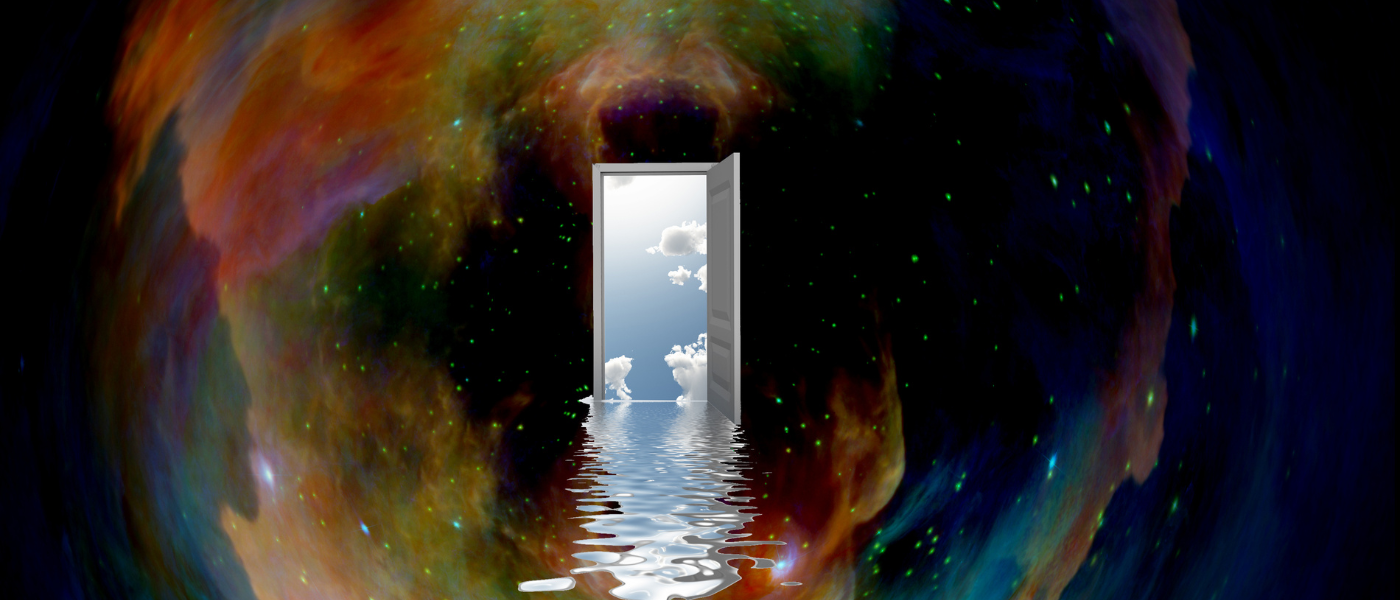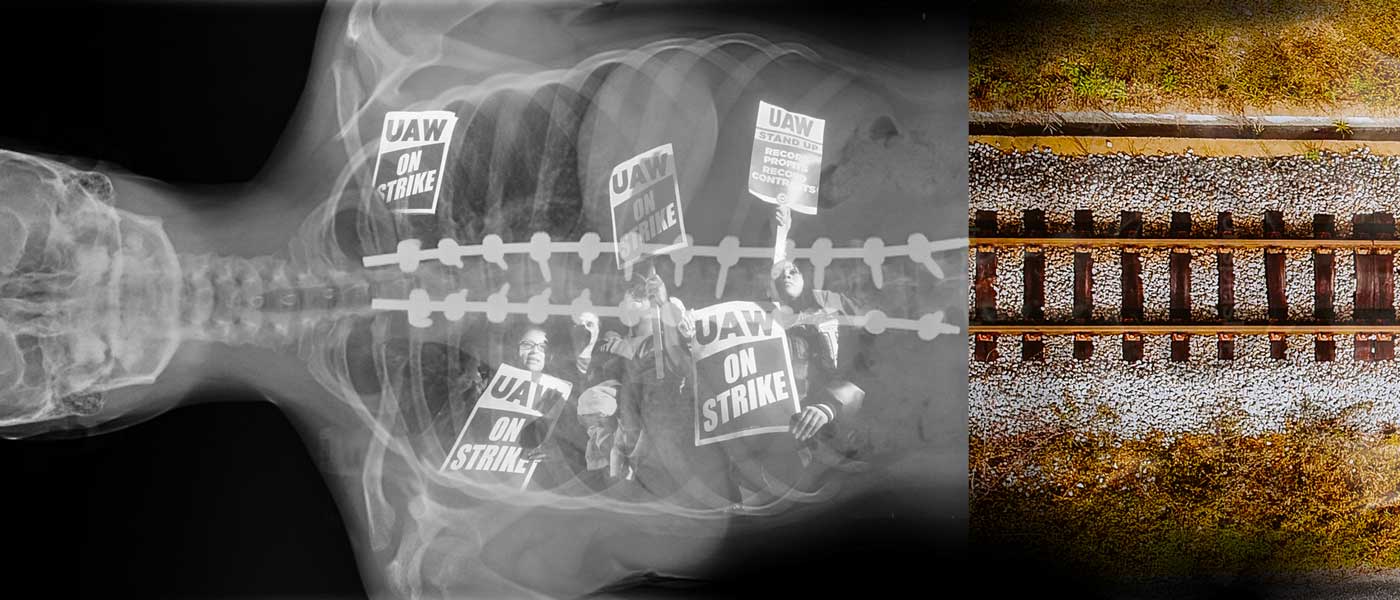Editorial Note: Tala Khanmalek was a Finalist for our Editors-in-Chief position for our 2024 Community Anthologies. We invited our finalists to write a short piece on the topic of their proposed anthology. Below, get insight into “On Care, the anthology topic that Tala had proposed for their Community Anthology.
The medical assistant holds a needle in the back of my upper left arm, pinching me hard to reach fatty tissue. One inch, eighteen-gauge. Subcutaneous. Under the skin. Under, under, into flesh.
Right arm next. The solution is slightly viscous, meaning it hurts. Meaning — I feel it circulate and gag. She administers each injection over ten burning seconds, then tosses the purple syringe into a sharps bin.
For seven days, I am ablaze with 300mg of pretreatment serum as systemic circulation slowly peaks. Bloodied cotton balls, the only evidence of my person. All accounts of my body rendered hazardous. Waste in need of state management.
Symptoms denied. Insurance denied. Tears denied, denied, denied. I am monitored in a room with other bandaged immunotherapy patients, waiting, waning beside the clinic’s sign: “patient-centered care.”
Repeat every four weeks.
Care is perhaps the most hackneyed term of the medical industrial complex, and yet, so central to its violent rhetoric. Claims to care justify irreparable harm, then clear the record of any culpability. In a system governed by profit, care is structural cruelty, institutionalized necropolitics, the right to take — and own.
Baba died in a hospital. His brother died in a hospital. Their father died in a hospital. I have come to associate US healthcare with familial deaths, historical injuries and ongoing abuse. I have come to associate the word “care” with state-sanctioned violence, with repeated violations every four weeks.
And yet.
In Ordinary Notes, Christina Sharpe writes: “care is complicated, gendered, misused…yet I cannot surrender it.” I too cannot surrender care and have become increasingly guided by care as an antidote to the disposability of human and non-human life. What exactly is the radical promise contained in care? How can collective care make our politics more powerful? What is the role of caring, as a praxis of radical politics, against the machinery of genocide? How can we re-claim care in the service of decolonization?
June Jordan visited Palestinian refugee camps in Lebanon after the 1982 Sabra and Shatilla massacre and again after the 1996 Qana massacre. In Civil Wars, she writes: “My life seems to be an increasing revelation of the intimate face of universal struggle.” Care is the connective tissue that binds “life” to “face” to “struggle” and untethers them from abstraction. Caring requires skill, but it doesn’t require convincing or proof of humanity. When we turn towards each other, we begin the process of building solidarity premised on care as “counter-dailiness,” in Fargo Tbakhi’s words, “modeled by Palestinians, whose struggle within the long middle [of Intifada] takes an astonishing diversity of forms.”
Care is more than a feeling; it’s care work, as Leah Lakshmi Piepzna-Samarasinha emphasizes, a form of historically unvalued labor at the heart of survival, self-determination, and social movements, at the heart of keeping each other alive. Care is grassroots, autonomous, direct. It creates and sustains an actionable, abolitionist intimacy that subverts the settler state precisely because care is relational, enlivening the space in-between. Subcutaneous. Under the skin. Under, under, into flesh. A salve against the hurt, wounds that no system can redress.




